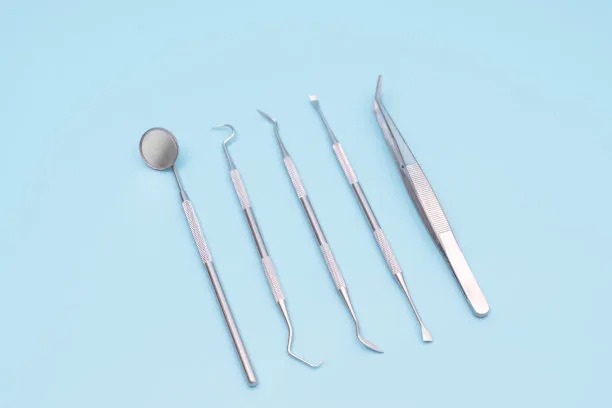Essential Precautions to Take Before and After Receiving Dental Fillings for Optimal Oral Health Recovery
Summary: Receiving dental fillings is an essential procedure for maintaining optimal oral health, particularly after experiencing tooth decay or damage. However, to ensure the best recovery and minimize discomfort, certain precautions should be taken both before and after the procedure. This article discusses four critical aspects: understanding the procedure and its implications, preparing for your appointment, caring for your fillings post-treatment, and recognizing potential complications. By following these guidelines, patients can facilitate a smooth recovery and maintain their oral health in the long term.
1. Understand the Procedure and Its Implications

Before undergoing any dental treatment, including fillings, it is essential for patients to understand the procedure thoroughly. Consult your dentist about what to expect during the filling process, the materials used, and how it may affect your teeth and gums afterward. Having a clear knowledge of the implications will help manage any anxiety associated with the procedure.
It is also crucial to ask your dentist about the longevity of different filling materials. Some materials last longer than others, and understanding this can influence your decision on which type to select. Additionally, knowing the potential consequences of neglecting dental issues can motivate you to adhere to preventive measures.
Lastly, familiarize yourself with the aftercare instructions given by your dentist. Knowing what type of care is necessary for optimal recovery can make a significant difference in the healing process.
2. Preparing for Your Appointment
Preparation can ease the anxiety you might feel before your dental appointment. Start by creating a checklist of your concerns and questions to bring up with your dentist. This ensures that you address all your worries during your consultation. It can also help you feel more in control of the experience.
Also, consider scheduling your appointment for a time when you can rest afterward. This will give you a chance to recover without the pressure of work or social obligations. Ensure that arrangements are made for someone to accompany you if sedation is involved, as you may experience lingering effects.
Eating a light meal prior to your appointment is advisable. A relaxed digestive state can help ease any anxiety and prepare your body for the procedure. However, make sure to avoid anything that might irritate your teeth or gums, such as overly hot or cold foods.
3. Caring for Your Fillings Post-Treatment
After receiving dental fillings, proper care is crucial for ensuring a successful recovery. Follow any specific aftercare instructions provided by your dentist, particularly regarding oral hygiene practices. Gently brushing and flossing the teeth around the filling area can prevent the buildup of bacteria and plaque.
In the initial days after the procedure, it might be helpful to avoid hard or sticky foods that could place undue stress on your new filling. Instead, focus on a diet rich in soft foods and liquids to allow your mouth to heal optimally. Adequate hydration can also support recovery during this time.
Be aware of any unusual sensations or discomfort after the filling. Some sensitivity is normal, but severe pain could indicate complications. If pain persists, contact your dentist promptly to address any potential issues.
4. Recognizing Potential Complications
While dental fillings are generally safe, it鈥檚 essential to be vigilant about potential complications that may arise post-treatment. Some common issues include persistent sensitivity, discomfort, or even the filling coming loose. Recognizing these symptoms early can help in mitigating further damage.
Keeping track of any changes in your oral health, such as swelling or redness around the filling area, is also important. If you notice any signs of infection or increasing pain, seek assistance from your dentist without delay.
Regular follow-ups and check-ups can help monitor the condition of your fillings and overall oral health, ensuring that any issues are caught and treated early. Staying proactive can significantly impact your long-term dental health.
Summary:
In conclusion, taking essential precautions before and after receiving dental fillings is crucial for optimizing recovery and maintaining oral health. Understanding the procedure, preparing adequately for your appointment, caring for your fillings after treatment, and recognizing potential complications can significantly enhance your experience and outcomes. Prioritizing these steps will help you achieve a healthier smile.
This article is compiled by Vickong Dental and the content is for reference only.



